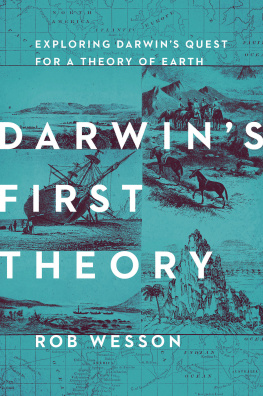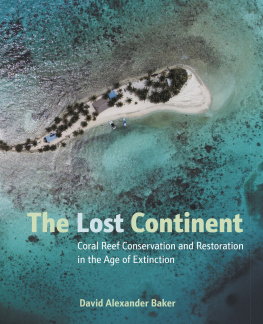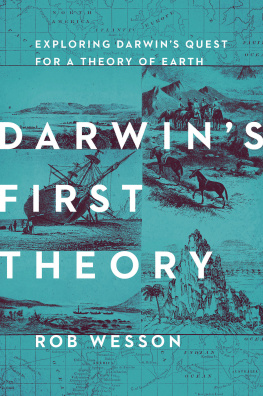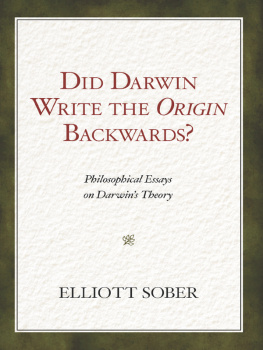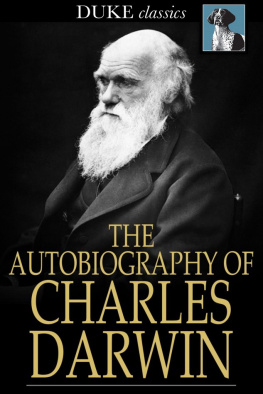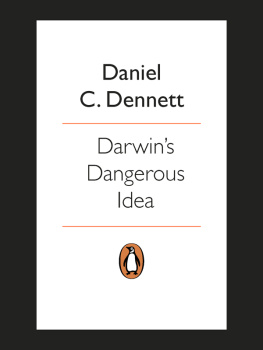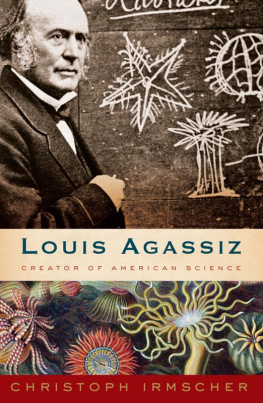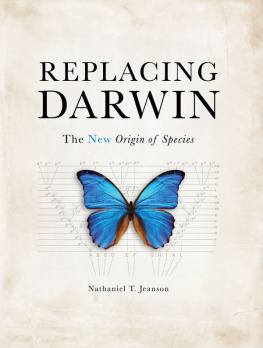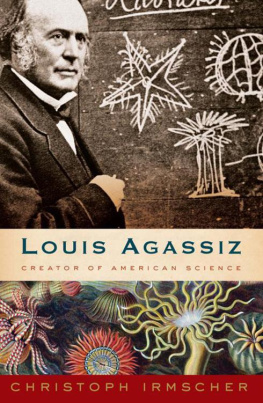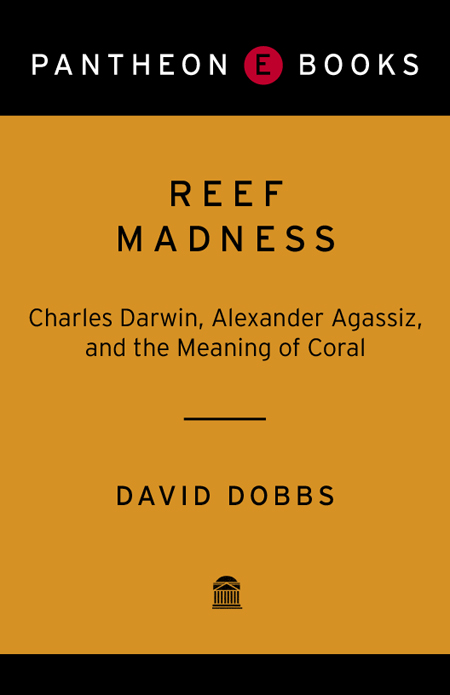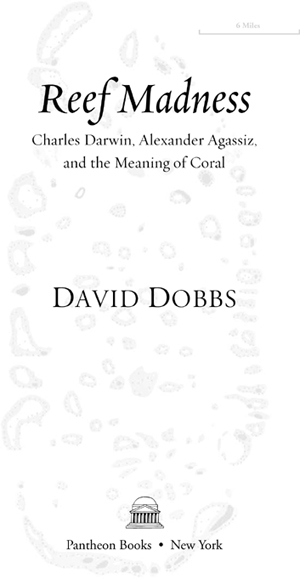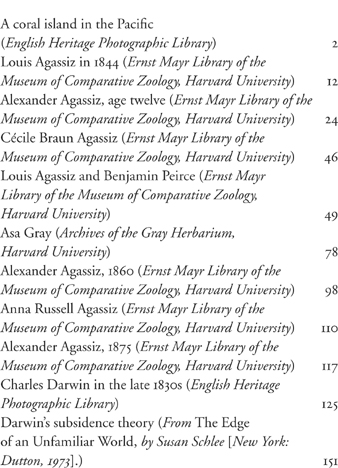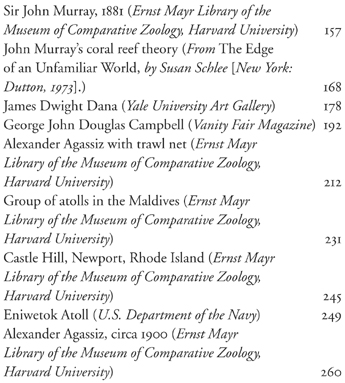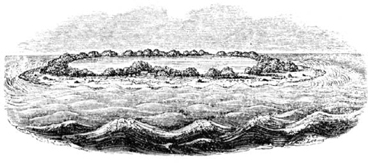Introduction
In the last half of the nineteenth century, Alexander Agassiz, the smart, quiet son of the brilliant, famously talkative naturalist Louis Agassiz, entangled himself in an argument over the genesis of coral reefs that grew into one of the most heated and vital debates in science. To enter such a dispute went against a deeply ingrained caution. Despite a difficult childhood, the challenge of emigrating from his native Switzerland to the United States, and staggering personal losses, Alexander had become one of his generations most respected scientists and, by solving the key engineering problems in a copper mine he partly owned, one of Americas richest men. But such was his reserve that many colleagues had no idea he was rich, while few business acquaintances knew he spent most of his time studying starfish and coral reefs.
His modest course was quite unlike the highly public path his father had taken. Louis Agassiz, a lecturer of fantastic eloquence, stunning memory, and beguiling charm, had won immense popular fame with his spellbinding account, given in countless talks, books, and articles, of how zoologys wonders reflected a divine plan. (A species, said Louis, was a thought of God.) Louis paid a high price for this renown, however, when in 1859 Charles Darwins Origin of Species displaced his creationist explanation of species. Louiss fierce resistance to Darwins evolution theory cost him his scientific credibility, and his fall was painful to watch. Alexander tried to avoid scientific debate and any sort of spotlight ever after.
Yet Alexander, who loved the ocean, found the question of coral reefs irresistible. How did these huge, beautiful forms, composed of the skeletons of tiny animals that could survive only in shallow water, come to rise on foundations that emerged from the Pacifics greatest depths? Did these creatures somehow build these foundations? It seemed unlikely. Yet if not, how did so many of these platforms thousands of them reaching just shy of the surfacecome to be? Though this mystery drew the attention of great scientists for decades, a satisfactory answer proved elusive. Today, of course, the main argument about coral reefs is how to save them, and only scientists might recall the debate that once raged about their origin. But in the 1800s, particularly from the 1870s onward, the coral reef problem, as it was known, stood as one of the most difficult and contentious in science. Only the 1860s clash over evolution seemed comparable.
One reason the coral reef debate reached such a pitch is that it in many ways reprised the evolutionary debate, engaging many of the same people and ideas. It played out as an eerie coda to the battle over Darwinism, with strange dissonances, inverted themes, and prominent soloists playing different instruments, their lines of music sometimes unexpectedly reversed or turned upside down, as if Bartk had rearranged an operatic score by Wagner. The coral reef problem did not concern species origin or humankinds descent. But it posed again the evolutionary debates confounding questions about the importance of evidence, the proper construction of theory, and the reliability of powerful but abstract ideas.
These were not marginal issues. Indeed, their reexamination during the Victorian era allowed and often drove the great advances science made in the nineteenth century (and the twentieth, for that matter) and helped solidify science as a separate discipline. For the five centuries before the Victorian era, what we now call science the analysis of how nature workshad been known as natural philosophy, and it held strong links to theology; for many, natural philosophy was simply the study of Gods natural works. It was only in the 1800s that the word scientist was coined, for it was only then that people began to think of science as an endeavor driven by its own, particularly rigorous set of rules. As science moved inexorably away from the realm of religious philosophy (a break that had started with Copernicus), its rules increasingly stressed empiricism, the reliance on observable dynamics rather than mythic explanations. This growing empiricism stirred a more self-conscious consideration of how scientists should draw conclusions from what they observed.
These changes produced great rewards. Indeed, the story of the advance of Western scienceat its best, a search for knowledge that can be communally pursued, readily shared, and rigorously checked with data culled from replicable observationis largely the story of the development of reliable empirical methods, and many of those methods were developed or greatly refined through the tortuous debates of the nineteenth century. But the eras great changes in method and philosophy meant that its scientists were playing a game the rules of which were constantly being revised.
The coral reef problem involved virtually all of these methodological and philosophical issues and difficulties, and its solution taxed all methods then available, both technical and theoretical. On a technical level, the absence of sonar, deep-drilling equipment, or other means of seeing what lay below the oceans surface left much of the most relevant evidence (most notably the contours of the ocean bottom and the composition of its underlying strata) out of reach. This elusiveness of definitive evidence forced an intense dispute over how to weigh what evidence could be observed and how much liberty of imagination to allow in the absence of more data.
That these were precisely the questions considered most vital to science is one reason the coral reef problem grew so intractable. The other reason, especially cogent for Alexander Agassiz, was that the problem involved the legacy of Charles Darwin. Darwin, of course, had not merely unseated Alexanders father from the pinnacle of American science; he was the single most controversial and influential figure in nineteenth-century science. And as it happened, the prevailing theory of coral reefs throughout the mid-i8oos had been published by Darwin in 1836, only a few months after the twenty-six-year-old naturalist returned from his five-year


